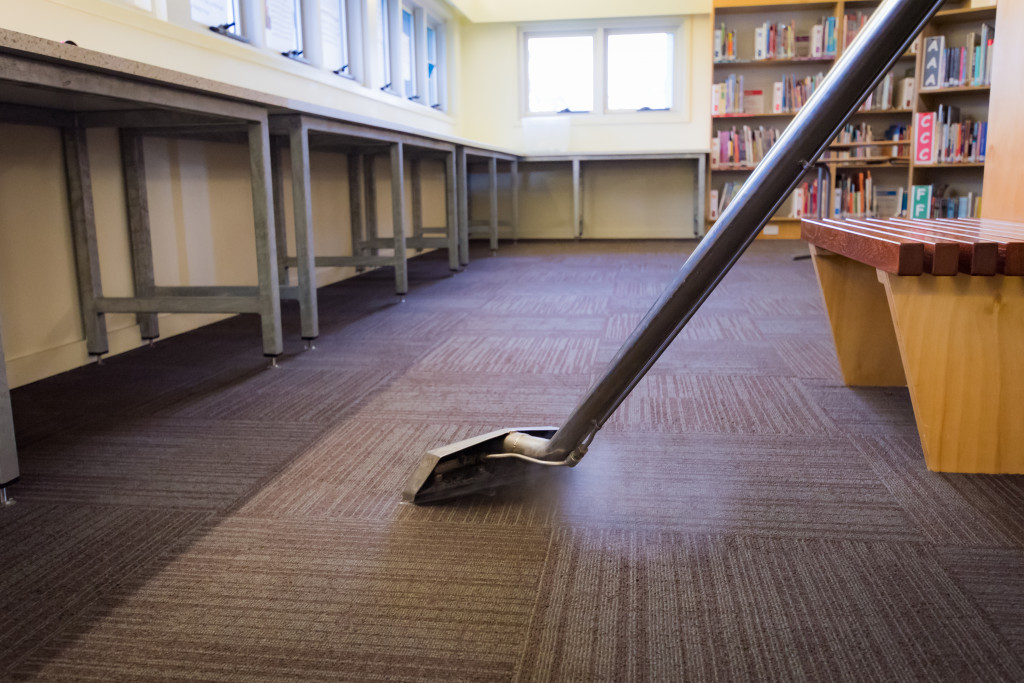It seems like every year or so you see a blaring newspaper headline stating that people in the UK. sit way too much. The Telegraph recently reported that Brits sit for more than 14 hours every day. The National Health Service estimates that adults spend around nine hours sitting each day.
And it’s no surprise, as the most common careers in the UK. are office jobs, like audit manager, marketing manager and finance manager. These careers require you to spend most of your time sitting in front of your desk. You don’t get much exercise during your work hours.
Prolonged sitting and being inactive in general can lead to obesity, type 2 diabetes and other complications. It slows down your metabolism, which in turn negatively affects your body’s ability to regulate sugar and blood pressure levels. These problems only get worse if you have poor posture.
The Posture Problem
The Phynova Joint and Muscle Relief Tablets company commissioned a survey of over 2,000 men and women over the age of 40 in the UK. They found that more than half of them had pain related to their posture. They suffered from debilitating pain throughout their neck and back. Over a quarter of the respondents stated that their pain was related to their years of sitting on their office chairs. Chronic pain can throw your focus off work and even prevent you from enjoying your rest and relaxation time.
Complications from Poor Posture
Apart from constant aching from one’s back and neck, poor posture can lead to plenty of other health complications.
- Decreased flexibility — Sitting in general puts stress on the spinal discs and muscles on your neck and back. This creates tightness in your hip and backside. These muscles are essential in supporting your spine. This is the reason you may have tightness in your back when you get up after a long day of work.
- Impaired liver function — Your nerves control every organ in your body. When they get disturbed or even damaged, your organs may end up malfunctioning. Poor posture can create interference with the nerves and arteries that connect to your liver. This can lead to the death of your liver cells, which can impair your liver’s normal function.
- Incontinence — When you’re slouching, you put more pressure on your abdominal muscles, according to a Harvard Health Publishing interview with physical therapist Megan Marowski. She stated that this also adds pressure to the bladder, causing you to urinate a little every time you laugh or cough. Although incontinence mostly creates hygiene issues, it also leads to serious complications. You could get rashes, sores and even skin infections from the moisture and bacteria you get from urine. According to the MayoClinic, incontinence may also increase your risk of urinary tract infections (UTI).
- Heartburn — Slouching also puts pressure on your stomach and other digestive organs. This can cause stomach acid filled with your dinner of parboiled brown rice and salmon to squirt back up into your throat after a big meal. Poor posture slows down your metabolism because of the added pressure on your intestines, too.

How to Improve Your Posture
When you slouch, you basically squeeze a lot of your organs slightly. However, its health effects are significant. Here are ways to improve your posture, whether you’re typing away at work or binging your favorite Netflix series.
- Basic Best Practices — There is no perfect posture, but there’s always room for improvement. Good posture generally means:
-
- Having a neutral spine, which means you shouldn’t be flexing or curving it in any direction.
- Keeping your arms to your side with your elbows straight.
- Keeping your hips and knees even, with your body weight evenly distributed on both of your feet.
- Having your chin completely parallel to the floor.
- Do Posture Exercises — Slouching is a common posture issue. One way you can try to fix this is to strengthen the muscles in your buttocks and core to support your upper body. Do back extensions, planks and bridges regularly to reinforce the necessary muscles. You’ll be keeping yourself in the best posture consistently in no time.
- Get Professional Help — If you still find it hard to maintain good posture, you could have an underlying health issue. Consult with a doctor and physical therapist to get an official diagnosis. You may need to get non-invasive treatment for scoliosis if your spine curves sideways. Your symptoms, like incontinence, may also be a sign of another health issue.
Poor posture may seem like a minor issue, but it can lead to a variety of health issues like decreased flexibility, digestion problems and incontinence. Fortunately, you can improve your posture with proper habits and exercises. With better posture, you’ll feel better even after hours of sitting at work.




